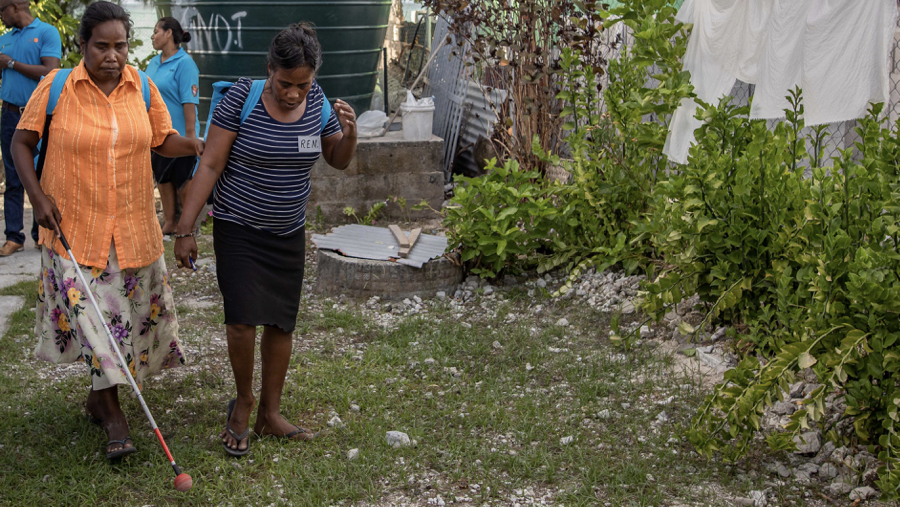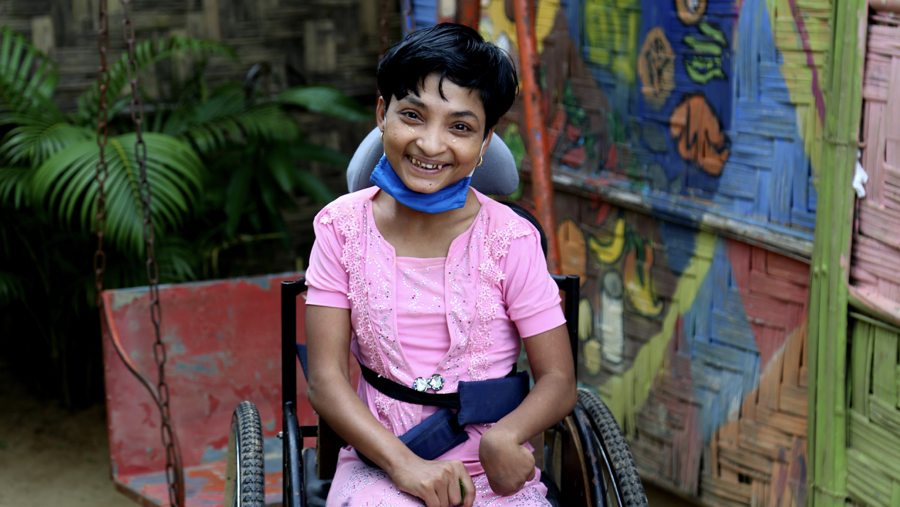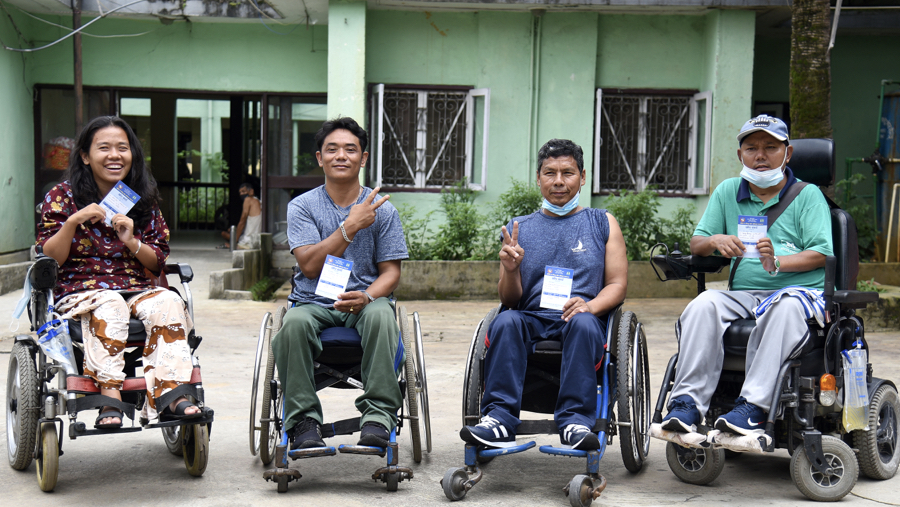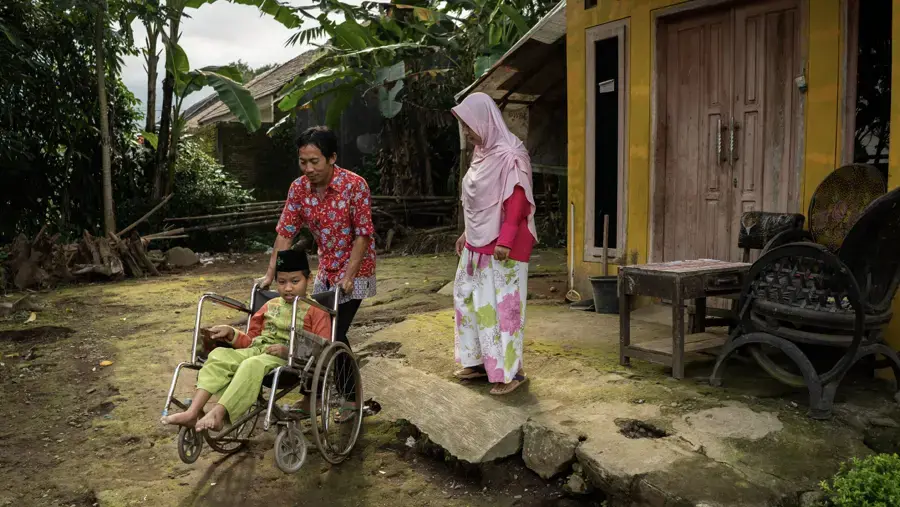Asia-Pacific Disability Data Advocacy Project (2021)
Asia-Pacific Disability Data Advocacy Project (2021)
Purpose
To build resources, awareness and capacity around disability data with key stakeholders, including Organizations of Persons with Disabilities (OPDs), national statistics offices, donors, related UN entities and others, drawing from experiences and resources in the Asia Pacific. The information collected, and experiences gained during this project will act as a foundation for expanding disability data literacy training and future advocacy in the region and more broadly.

Background
The UNFPA Asia Pacific Regional office has seen varied engagement, investment and approaches around disability data and related advocacy. To date there is no clear cross regional analysis of the inclusion of disability data in census and large-scale household surveys. OPDs must play a meaningful role in data collection, analysis and use. There is a need to strengthen the capacity of OPDs in understanding and using disability data to help develop and shape investments in evidence-based policies and programs.Leveraging resources like the Disability Data Advocacy Toolkit, it is opportunity to examine disability data and build OPD capacity in data advocacy and policies and programmes in the future. The project is implemented in partnership with regional Organisations of Persons with Disabilities (OPDs) including the ASEAN Disability Forum and Pacific Disability Forum, in close collaboration with national organisations of persons with disabilities and the International Disability Alliance.
Objectives
Objective 1: Data Mapping and Report
A regional report on the Status of Disability Data in the Asia Pacific will be produced. Evidence for this will be drawn from two key sources: (i) A review and analysis of recent disability data across the UNFPA Asia Pacific Region, summarising the availability and quality of available data against some key indicators, and making recommendations for ways forward; and (ii) Persons with disabilities from the region will share their experiences of the implications of disability data processes and outcomes for their lives, through a narrative enquiry.
Objective 2: Develop and test virtual ODP disability data advocacy workshops
A virtual disability data advocacy workshop will be developed and piloted for national OPDs to build capacity in understanding and utilizing disability data and data advocacy resources. Workshop sessions and facilitator guidance will be developed and tested in partnership with persons with disabilities and formatted to allow flexible delivery, and then piloted in three countries – Samoa, Nepal and Indonesia (TBC).
Objective 3: Communications Resources and Plan
A communications plan and accessible communications package will be developed to share the project findings and advocate for the importance of disability data for all stakeholders. This will include producing content, in the form of a series of publicly available resources, prioritised by the regional disability movement and other key stakeholders.

Overview
This is a summary of a project on Disability Data Advocacy in the Asia Pacific Region by the CBM Global Inclusion Advisory Group. The project is funded by UNFPA Asia Pacific and contracted by CBM Australia. For more information, please contact Kirsty Thompson (IAG) Kirsty.Thompson@cbm-global.org or Kamma Blair (UNFPA) blair@unfpa.org

Learn more
The Disability Data Advocacy Toolkit provides an overview of disability data and disability data advocacy for Organisations of Persons with Disabilities. This manual is available in multiple languages and formats including Easy Read and International Sign.
Disability Disaggregation: Envisioning Inclusive Development. This report by the Washington Group discusses how the use of routinely collected data on disability indicators support monitoring of the full inclusion of persons with disabilities in all aspects of life.


